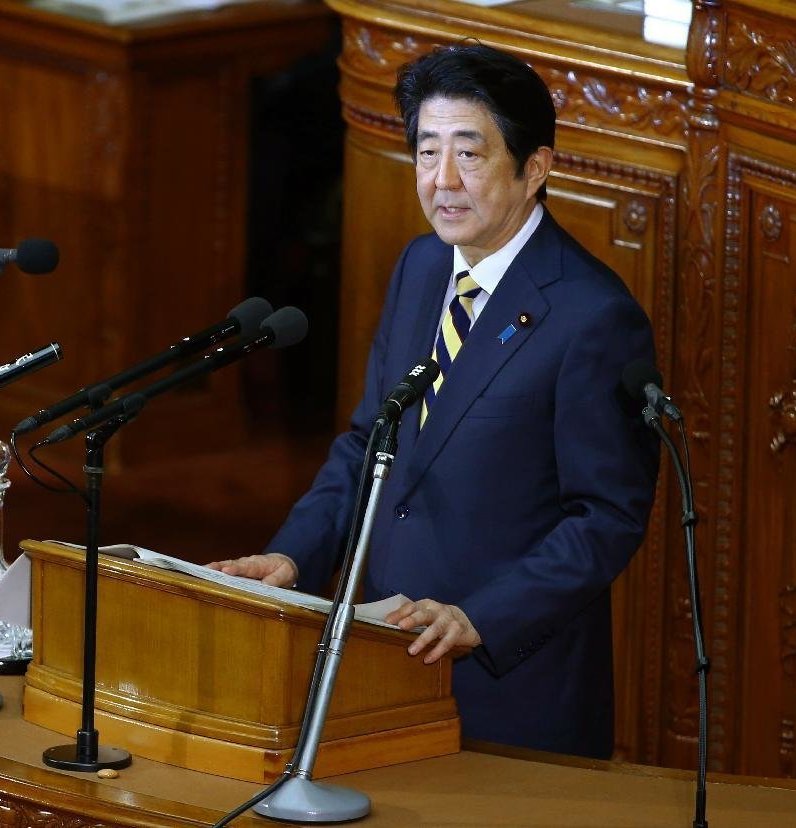Japan’s Abe sets out on international path to bolster domestic support
Japanese Prime Minister Shinzo Abe, stymied by a still sputtering economy, is seeking to burnish his legacy and shore up support ahead of an election in the summer. Abe said he expects to make progress on sweeping reforms he has promised, likening himself to the 18th-century “Abarenbo Shogun,” or “Rogue General” Tokugawa Yoshimune, a national leader renowned for his efforts to reduce waste, clean up corruption and instill samurai values of discipline and leadership. Until July, Abe’s focus is bound to be on ensuring victory in the election for the Upper House of parliament in July, said Michael Cucek, an expert on Japanese politics who teaches at Tokyo’s Waseda University.
Challenges, challenges and still more challenges.
Shinzo Abe, summing up the year ahead
Given the slow pace of the economic recovery so far, with inflation still nowhere near the government’s 2 per cent goal and wages and spending still in the doldrums, Abe has been highlighting more obvious progress on the diplomatic front. Three years of relentless overseas travel have helped restore some of the stature Japan ceded during the past two decades of economic malaise, winning Abe widespread respect at home. In an address to parliament’s opening session on Monday, Abe pointed to concrete results from those travels, including the recent sale of Japanese high-speed train technology to India.

Shinzo Abe Politics